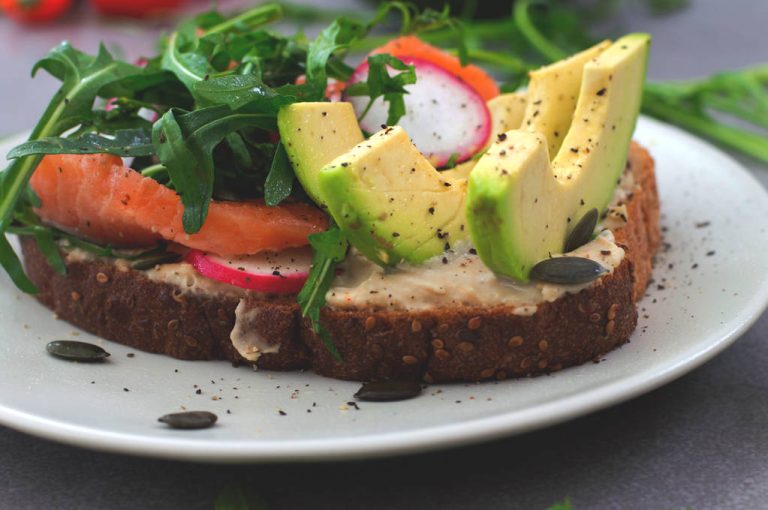Introduction: Emu Burger Recipe
If you’re looking for a unique and flavorful twist on a classic burger, then look no further than the emu burger! Emu meat is lean, high in protein, and has a rich, beef-like flavor that pairs perfectly with a variety of toppings. With a little bit of preparation, you can create a delicious emu burger patty that will impress your family and friends.
Ingredients and Preparation Steps
To make emu burger patties, you will need:
- 1 pound ground emu meat
- 1 tablespoon Worcestershire sauce
- 1 tablespoon Dijon mustard
- 1 teaspoon garlic powder
- 1 teaspoon salt
- 1/2 teaspoon black pepper
To prepare the emu burgers, follow these steps:
- In a large mixing bowl, combine the ground emu meat with Worcestershire sauce, Dijon mustard, garlic powder, salt, and black pepper. Mix well with your hands until all the ingredients are evenly distributed throughout the meat.
- Form the meat mixture into 4 to 6 equal-sized patties, depending on how large you want your burgers.
- Heat a grill or skillet over medium-high heat and lightly grease with cooking spray or oil.
- Cook the emu burgers for 4 to 5 minutes per side, or until the internal temperature reaches 160°F. The burgers should be browned and slightly crispy on the outside, but still juicy and tender on the inside.
Serving Suggestions for Juicy Emu Burgers
Once your emu burger patties are cooked to perfection, it’s time to assemble your burgers! Here are some tasty topping suggestions to try:
- Grilled onions and mushrooms
- Avocado or guacamole
- Crispy bacon
- Cheddar, Swiss, or blue cheese
- Lettuce, tomato, and pickles
- BBQ sauce or aioli
To serve, place your cooked emu burger on a toasted bun and add your favorite toppings. You can also serve with sweet potato fries or a side salad for a complete meal. Enjoy your juicy, flavorful emu burger!





